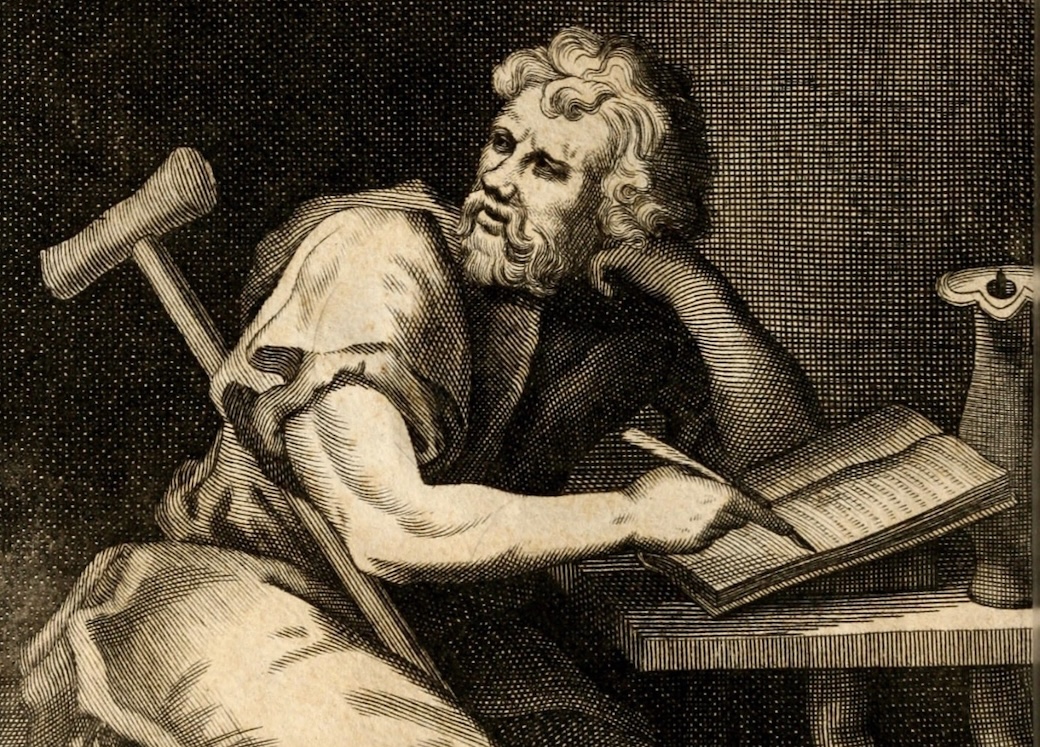Genuine freedom is not a privilege but a right; achieving it is a worthwhile goal. When you discover true freedom, you will break free from the mundane and live life on your own terms.
Many people struggle to achieve genuine freedom. Far too often, they find themselves defined by their circumstances and feel confined by the expectations of society, family, and peers.
However, when we look beyond our current situation and focus on freedom as a worthy goal, we can break free from all the limitations that hold us back.
Freedom is not just about the ability to do what we want, when we want, but also the capacity to live our lives by our values, beliefs, and goals. We can all find our own unique paths to freedom; when we do, we will find life far more fulfilling and meaningful.
To be free from the constraints of society, our own personal doubts, and the expectations of others is to be truly liberated and to live life to its fullest. Freedom is not just a state of being but a way of life that allows us to explore the depths of our being and the limits of our potential.
With freedom comes responsibility and the chance to make our own choices, and it is this freedom that allows us to become our authentic selves. The pursuit of freedom is a worthy goal in life as it leads to personal growth and a better understanding of the world around us.
Epictetus, a Greek Stoic philosopher, believed that true freedom comes from accepting and understanding the things that are within our control and those that are not. The Stoics believed we could not control external events, but we can control our thoughts and reactions.
By detaching ourselves from external events and focusing on our own inner state of mind, we can maintain a sense of inner peace and tranquillity, regardless of what is happening around us.
“Freedom is the only worthy goal in life. It is won by disregarding things that lie beyond our control,” Epictetus said. He thought we have control over our own thoughts, actions, and reactions but not over external events.
Whether it’s worrying about a job promotion, the stock market, or even the opinions of others, our focus on these external factors can make it difficult to maintain a sense of control.
By recognising the things we can control and focusing on those, we can gain a sense of freedom and empowerment. While it can be challenging to let go of our attachment to the things outside our control, it’s often necessary for our own well-being.
When we focus on things within our control, we take ownership of our own lives and make conscious choices about the direction we want our lives to take. It allows us to live with purpose and intention rather than feeling like external forces are pulling us along.
Epictetus’ dichotomy of control
“The more we value things outside our control, the less control we have,” says Epictetus. Our focus should be on the things within our control, such as our attitude, actions, and mindset. When we focus on the things we can control, we can make the most of our lives and find peace of mind.
“There is only one way to happiness and that is to cease worrying about things which are beyond the power or our will,” Epictetus said.
Epictetus also stresses the importance of self-awareness and mindfulness in achieving freedom. He believed that by constantly monitoring and examining our thoughts, emotions, and actions, we could better understand ourselves and our place in the world.
True freedom is not just about being physically or legally free but rather about being free from internal constraints such as fear, anxiety, and limiting beliefs. It’s also the ability to live authentically and in alignment with your goals without being held back by societal expectations or self-imposed limitations.
“No man is free who is not master of himself,” Epictetus said.
Many of history’s greatest thinkers have echoed this ancient wisdom, from Socrates to Buddha to Martin Luther King Jr. Even today, it serves as a reminder that we must take control of our lives if we ever hope to be truly free.
By understanding our values, emotions and motivations, we can better equip ourselves to find the freedom and joy that comes from controlling our own lives. Epictetus observed that true freedom is found in the ability to detach oneself from external events and focus on one’s inner state of mind.
To be a master of yourself is to be able to control your reactions to external events and to be able to maintain a sense of inner peace and tranquillity even in the face of adversity.
“God has entrusted me with myself. No man is free who is not master of himself. A man should so live that his happiness shall depend as little as possible on external things. The world turns aside to let any man pass who knows where he is going,” argues Epictetus.
To be free like Epictetus, we should also practice acceptance and let go of things beyond our control. Mastering yourself is key to personal freedom.
To sum up, freedom is not just a state of being, but it’s a process, something you can always strive for and continue to work towards. It’s not a destination but a journey you continue to make.
